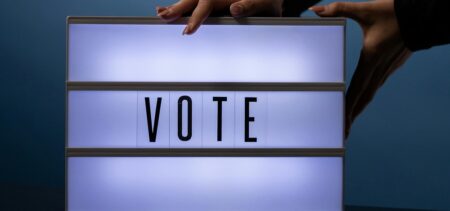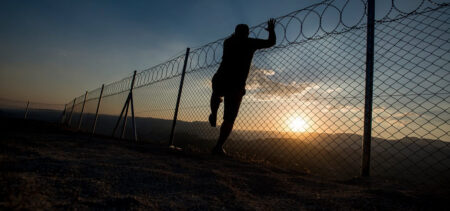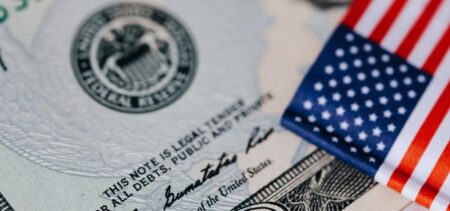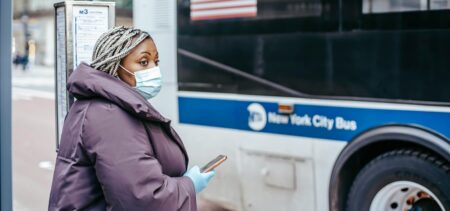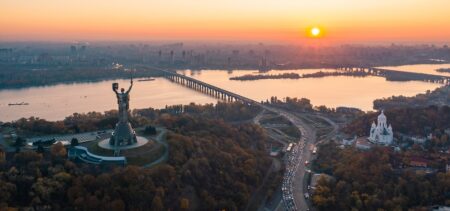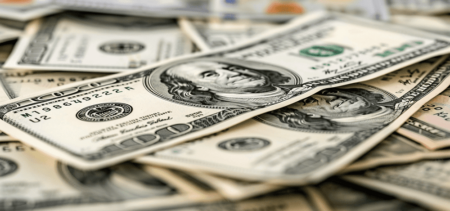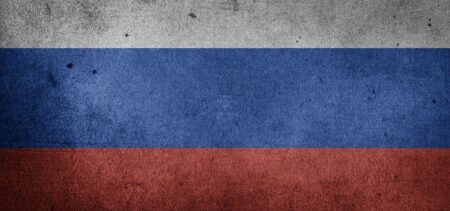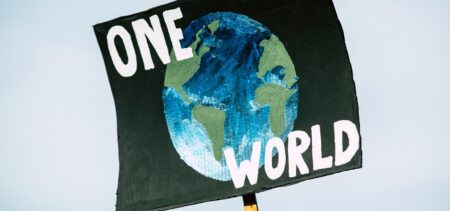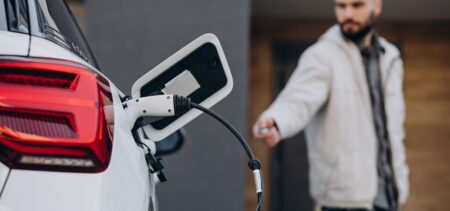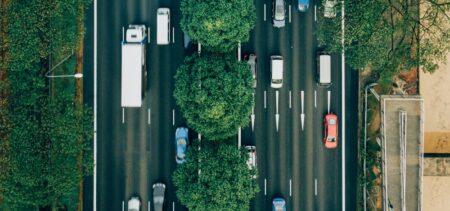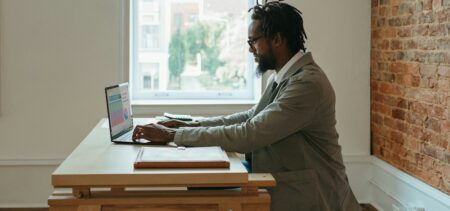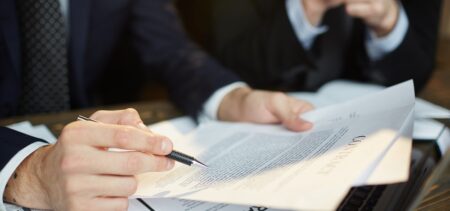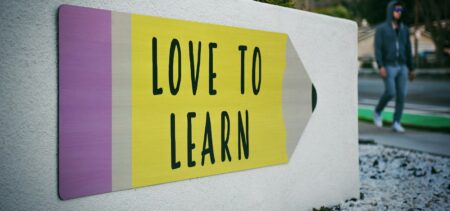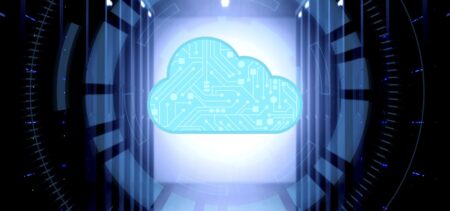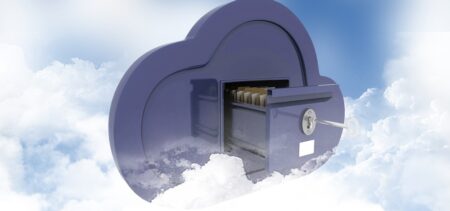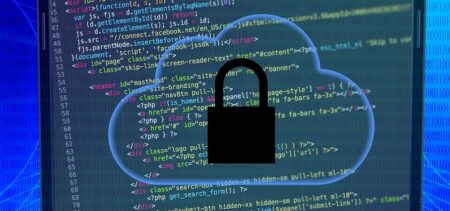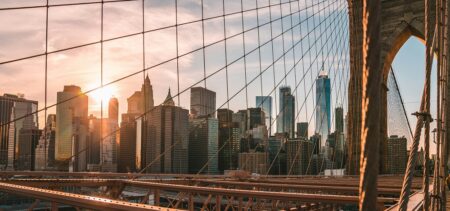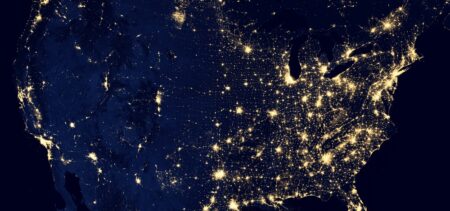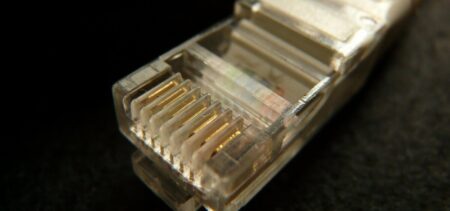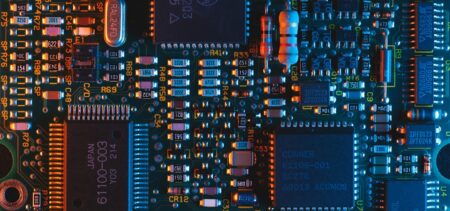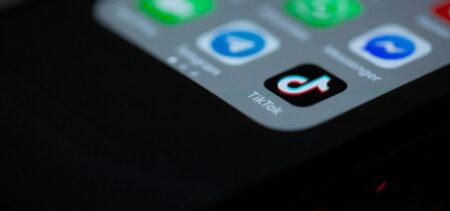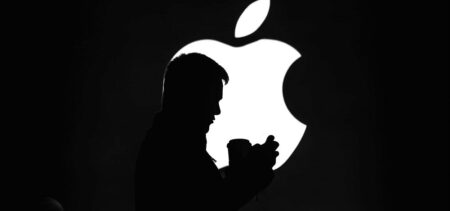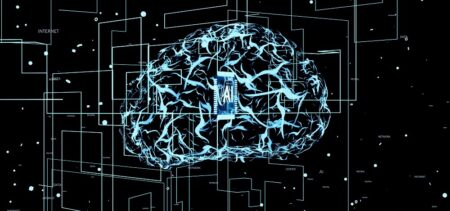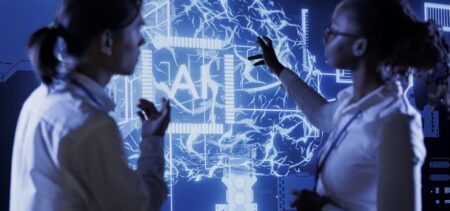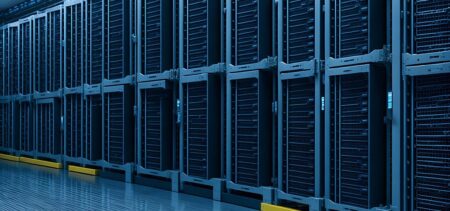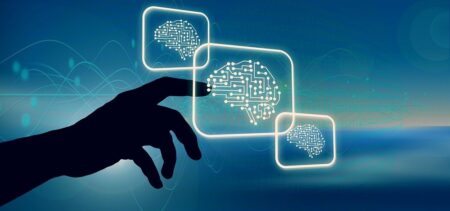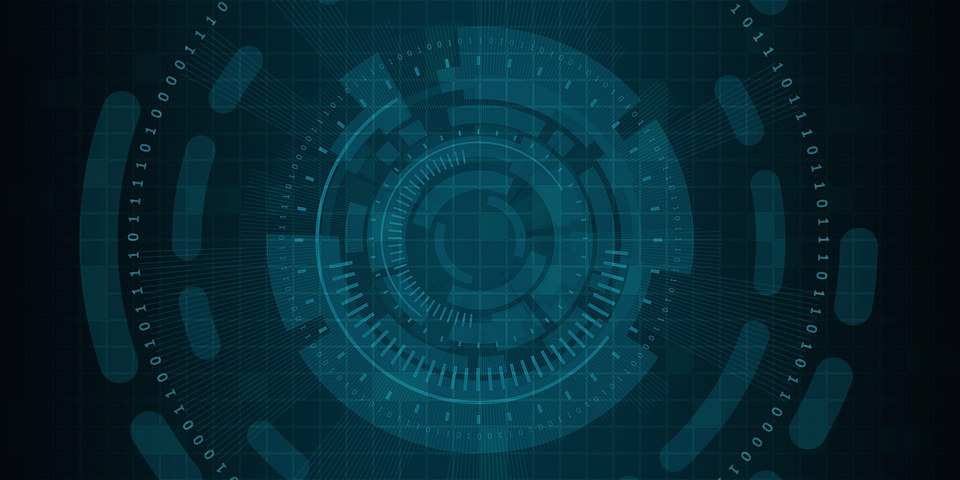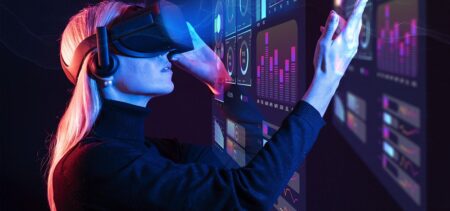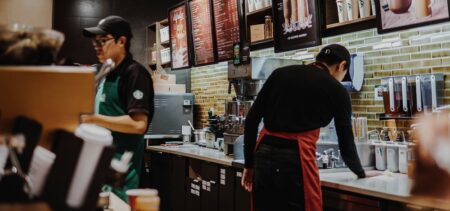Earlier this week, Apple was ordered by a U.S. judge to help the Federal Bureau of Investigation in the case of the San Bernardino shooting that took place in December 2015. The judge ruled that the tech giants must provide “reasonable technical assistance” (aka break into) the phone belonging to one of the killers – Sayed Rizwan Farook. The investigators seek to unlock the data of Farook’s iPhone 5C, because that would probably provide valuable information to complete the investigation.
There’s one important catch though: bypassing protection would technically require the company to create a backdoor. Apple had five business days to contest the order (beginning with Tuesday), but less than 24 hours later, Apple CEO Tim Cook responded with an open letter titled “A message to Our Customers”. In this letter, Cook says that this would set a “dangerous precedent” that threatens the security of customers, therefore Apple opposes this order. In the following days, Apple received support from numerous companies and public figures, including billionaire entrepreneur Mark Cuban, and Google CEO Sundar Pichai. Apple’s CEO fears that creating this backdoor would expose all the devices, not just Farook’s phone, which in turn will have larger repercussions. This discussion fuels the “going dark” debate that has been revived by the terrorist attacks that took place in Paris in 2015.
Short recap of the terrorist attack
So here we are again, with terrorists on one side, the authorities on the other, and the civilians in the middle of it all. At the beginning of December 2015, a married couple executed a terrorist attack at the Inland Regional Center in San Bernardino, California, which consisted of a mass shooting and an attempted bombing. The result – 14 people were killed and 22 were severely injured.
Syed Rizwan Farook and Tashfeen Malik (the attackers) targeted a training event and a holiday party with approximately 80 participants. The shooting ended with the attackers fleeing in an SUV. Both were killed 4 hours later, in a shootout with the police.
The FBI opened an investigation the next day, which revealed that the perpetrators were not members of any terrorist group, they were in fact “homegrown violent extremists” influenced by other terrorists online. This shooting is considered to be the worst terrorist attack in the US since September 11.
When the dust settles after an attack, the first measures usually target preventing such terrible events from ever happening again. We are now in a somewhat advanced stage of this measure in the San Bernardino case. Undoubtedly everyone wants to help as much as possible, but these are also the times when aggressive measures are more likely to be implemented, and in some cases, these measures might do more bad than good.
Why Apple’s opposition makes sense
Though the FBI says the use of this backdoor would be limited just for this phone, creating this key is impossible without exposing all the other devices. Furthermore, how would the authorities guarantee that this backdoor won’t be used in the future? The Snowden leaks actually begun the encryption efforts led by Apple and Google.
“The FBI may use different words to describe this tool, but make no mistake: Building a version of iOS that bypasses security in this way would undeniably create a backdoor,” explains Cook in his letter. “And while the government may argue that its use would be limited to this case, there is no way to guarantee such control. In today’s digital world, the ‘key’ to an encrypted system is a piece of information that unlocks the data, and it is only as secure as the protections around it. Once the information is known, or a way to bypass the code is revealed, the encryption can be defeated by anyone with that knowledge,” he added.
Who’s on Apple’s side
In the meantime, Google CEO Sundar Pichai praised Apple’s stance in a series of Twitter posts, while entrepreneur Mark Cuban said “it would be a disaster if they agreed to comply”. This discussion has been simmering for a few months, but this court order seems to be the big bubble that knocks the lid over. Tech companies know the risks, but so far support has been rather calculated and discreet.
This request from the US government is something that – according to Cook, Apple doesn’t have at the moment, and would be “too dangerous to create”. He explains in his letter: “The government suggests this tool could only be used once, on one phone. But that’s simply not true. Once created, the technique could be used over and over again, on any number of devices. In the physical world, it would be the equivalent of a master key, capable of opening hundreds of millions of locks — from restaurants and banks to stores and homes. No reasonable person would find that acceptable.”
Unfortunately, Apple is in a tough spot, and for either choice, the backlash is inevitable. On one hand they might be called terrorist supporters – if their opposition is successful, but on the other hand, they might open the door to unprecedented levels of cyber threats. Given the situation, Apple chose not only the best option for the future of their customers, but also the one that makes more sense for the tech world.




